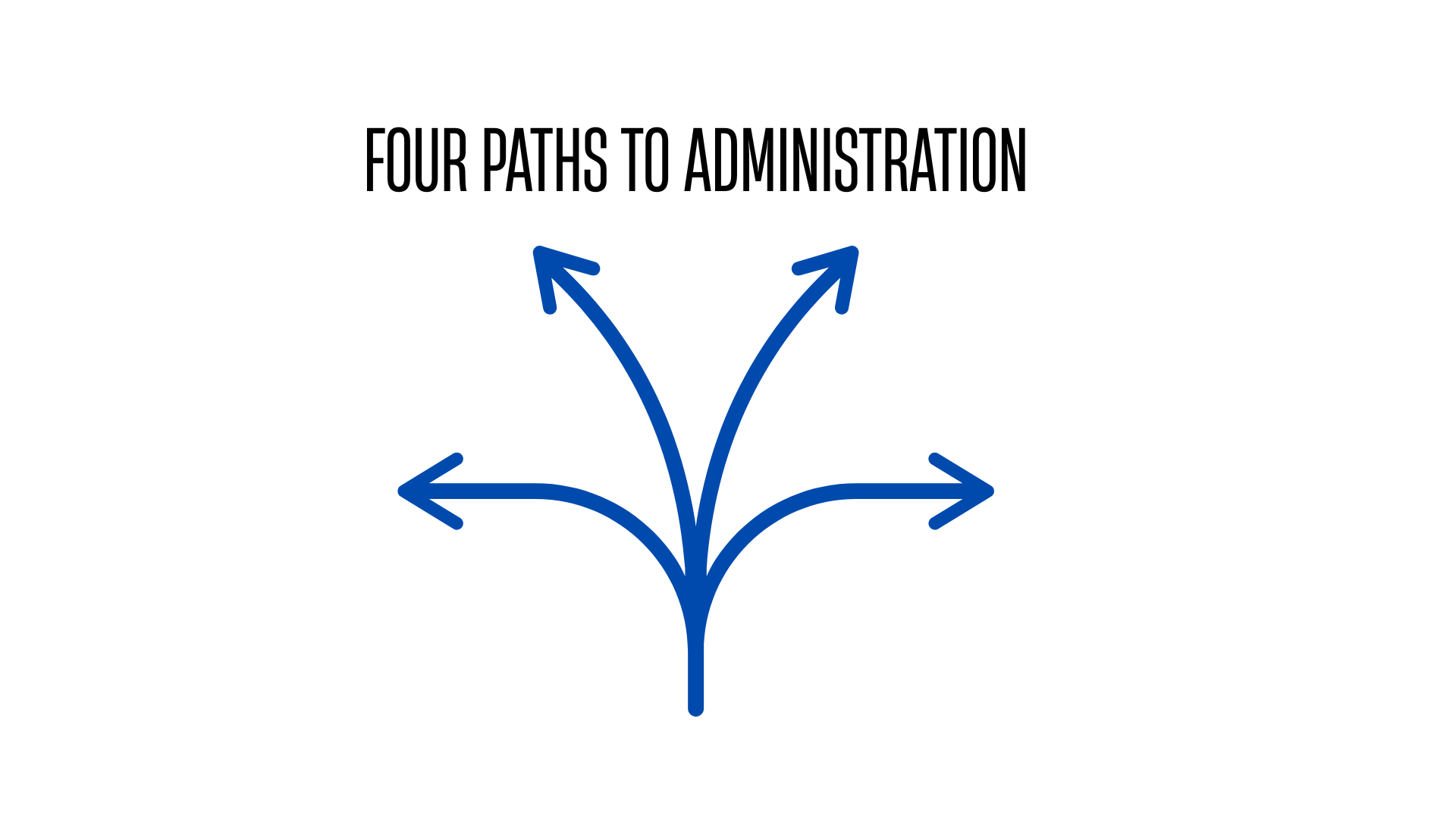STRAIGHT TALK WITH NIELSEN CASHMAN & DEAN
Our BLOG offers trusted legal insights on estate planning, elder law, conservatorships, probate, family law, and business matters. Whether you're planning for the future or navigating complex legal challenges, our attorneys share updates, tips, and guidance to help you make informed decisions with confidence.
The information provided on this blog is for general informational purposes only and does not constitute legal advice. Reading or interacting with this blog does not create an attorney-client relationship.
Realistic Scams, Real Protections: A Guide for Families
1. you won’t be rushed,
2. a professional will be involved, and
3. there may be a paper trail.
• Investment schemes (often crypto-linked). A friendly text turns into a “mentor” who shows you an impressive dashboard of fake gains and creates a relationship with you. The conservation than leads to investments, often cryptocurrency, and they will claim to have inside knowledge or a “can’t lose” plan. They will then direct you to a website or mobile app that looks legitimate, but it is all fabricated by the scammer. Once the scammer thinks they have extracted as much money as possible form you, they will block you and disappear, and you are unable to withdraw your money due to sudden “taxes” or fees.
• Sweepstakes/Lottery/Prize scams. “You’ve won, just pay fees or taxes first.” That “fee” is the point of the call.
• Tax scams (IRS impostors). Calls, emails, or texts insist you owe taxes or are owed a refund. Links and callbacks harvest money or data. Threats of arrest are a tell.
• AI-powered impersonation + classic phishing. Caller ID, voices, even videos can be faked to mimic your bank, a utility, or even a relative in crisis. The goal is to rush you.
• Tech-support pop-ups and cold calls. A fake “Microsoft/Apple” alert tells you to call a number or grant remote access. Remote access often ends up leading to remote theft.
• Romance and celebrity-impersonator scams. Long, patient grooming that ends in an “urgent” ask, sometimes wrapped in a fake investment. They build intense emotional relationships with you, then fake an emergency like legal trouble, a family problem, or medical issue that requires financial help. This often includes fake cryptocurrency or demands for payments for merchandise the celebrity endorses.
• “Card-declined” tricks and look-alike shopping sites. You’ll receive a fake website, email, text or social media advertisement asking for you to enter your personal payment information. Then it will state “card declined”, making you think there is a problem on your end. The scammer then captures your card details and it allows them to potentially steal information from multiple cards if you enter others.
“I don’t make financial decisions on the phone. Call my attorney.”
Call my attorney.
24-hour pause for any surprise money request.
Trusted numbers only: your bank’s fraud line, and a close family member.
1. Use the phrase, then end the contact. Say “Call my attorney,” then hang up. Do not stay to argue.
2. Verify independently. Use the number on your bank card or go directly to the known website by typing it, never by clicking a link or calling a pop-up.
3. Write a quick note. Date/time, what they claimed, what they wanted, amount/method requested (wire, gift cards, crypto), callback number or email. A paper log is fine.
4. Turn on guardrails.
o Account alerts for transactions and new payees
o A trusted contact form on investment/brokerage accounts
o Consider a credit freeze/lock with the credit bureaus
o Strong, unique passwords plus two-step verification
5. Loop in family or your designated helper. Share the log entry and observe the household 24-hour pause before any transfer, no matter how “urgent.”
1. Speeds up your bank’s response when you report fraud.
2. Gives law enforcement what they need if a report is appropriate.
3. The same “refund fee,” the same fake “fraud department” number, so your household gets faster at spotting repeats.
1. Call your bank or credit union immediately. Ask to freeze or flag accounts, block new payees, and dispute unauthorized transfers or charges.
2. Change passwords for email and financial accounts; enable two-step verification.
3. If you allowed remote access, have a trusted technician remove any software and scan your device.
4. Save everything. Emails, texts, pop-up screenshots, transaction receipts, gift card numbers, crypto wallet addresses.
5. Report the incident (this helps recovery efforts and can protect others). Keep your case or report numbers with your log.
6. Tell your family and trusted helpers. Early notice prevents escalation.
• Any demand for secrecy or instructions not to involve a professional
• Requests for gift cards, crypto, or wire transfers to “unlock” funds or pay “fees/taxes”
• Rushed deadlines, especially tied to fear (“your account will be closed,” “you will be arrested”)
• Callback numbers that don’t match the number on your card or statement
• Links or attachments you didn’t request, especially if they promise refunds, prizes, or security fixes
• Love, windfalls, or panic introduced by a stranger or a sudden “opportunity”
• Urgent phone requests for money from relatives in trouble



Medi Cal Long Term Care in 2025: Practical Planning for California Couples, Families, and Caregivers











